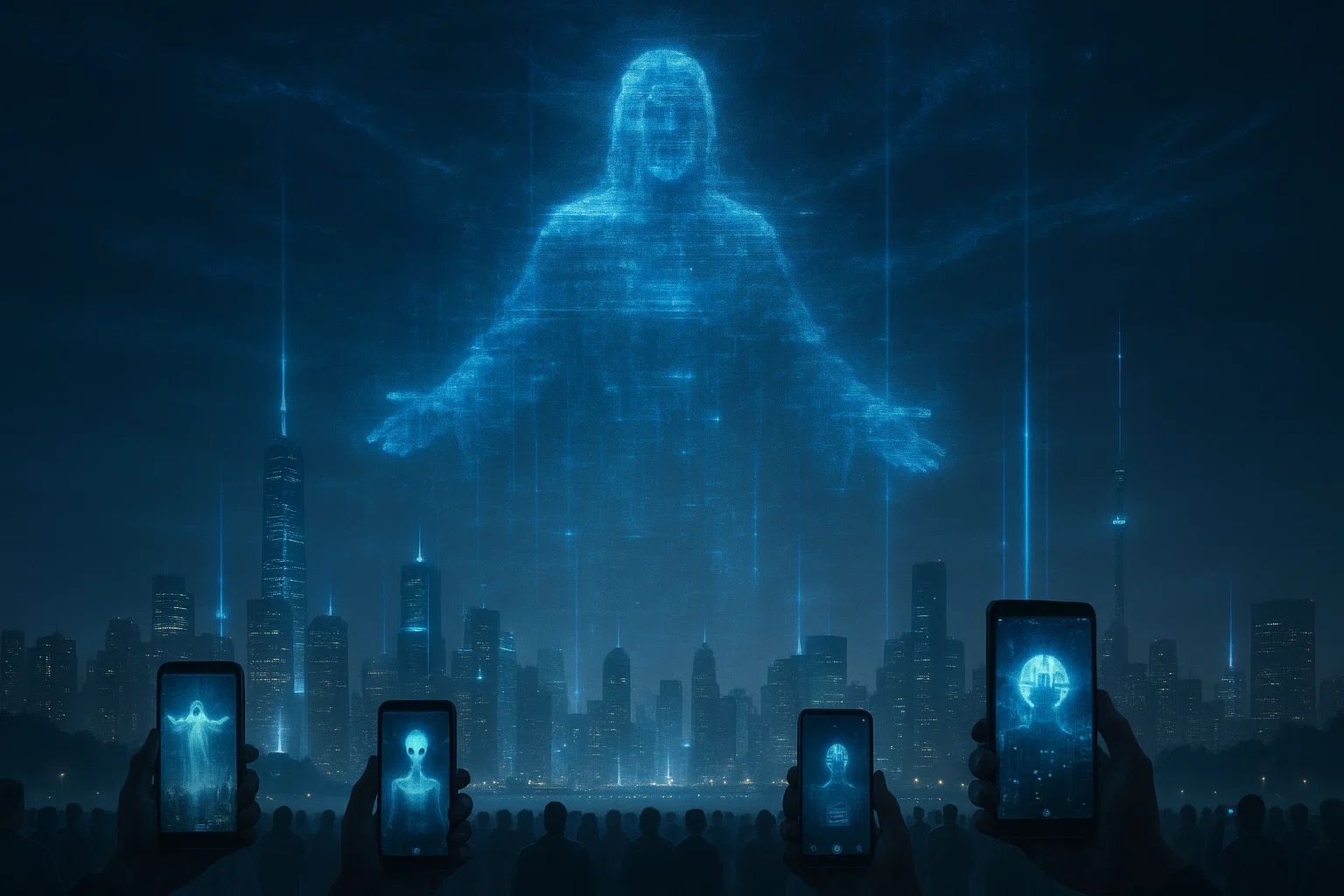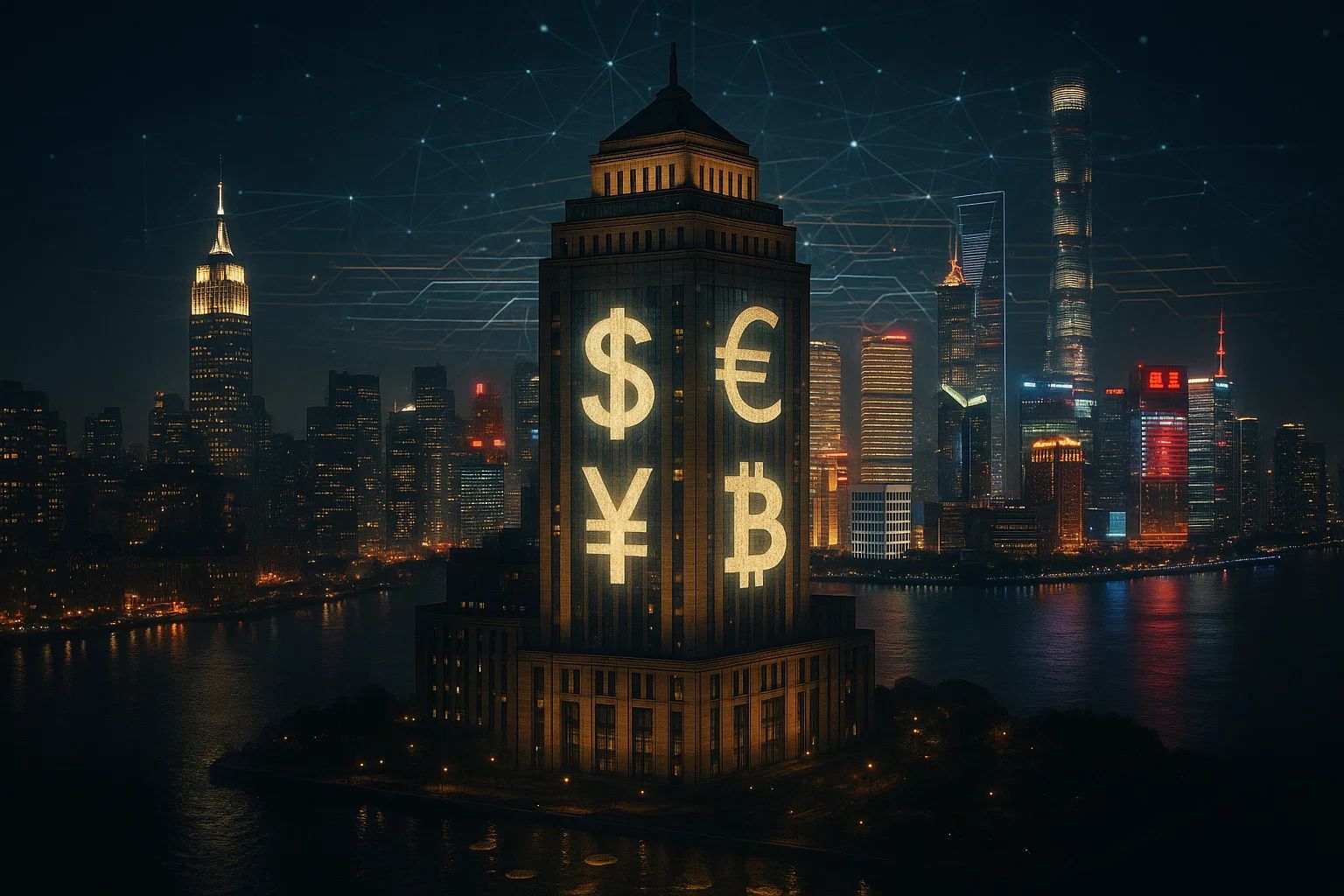More and more analysts and politicians openly speak about the end of the “dollar era.” The Chinese yuan, especially in its digital form tied to the BRICS settlement system, is becoming a real geopolitical tool of pressure against the US. The euro, despite its strength, still suffers from the lack of a unified fiscal policy, while gold is regaining popularity as a safe alternative in an unstable world. Meanwhile, cryptocurrencies, led by Bitcoin, symbolize a rebellion against traditional finance, although their decentralization makes true dominance difficult. In the background circulate theories about a planned “currency reset,” a new Bretton Woods system, and a controlled digitalization of the global economy. Will the dollar survive this revolution, or become a victim of its own power?
Tag: usa
USA covers surveys on U.S. domestic and foreign policy, the economy and international relations. This category examines public views on America’s role in the global balance of power and decisions shaping security and trade.
-
Should politicians take part in closed-door meetings of the Bilderberg Group?

For decades, the Bilderberg Group has stirred emotions – some see it as an exclusive club of elites discussing the future of the world, others – as a secret center of power above nations. The meetings take place behind closed doors, without media or official records, which only fuels suspicions of backroom deals. Supporters claim it is a forum for free exchange of ideas, while critics argue it’s where bankers and politicians decide global economic and social strategies. The Internet is full of theories linking Bilderberg to the New World Order or global political control. Is it an innocent debate of elites, or the real command center steering the world from behind the scenes?
-
Halloween – fun, trend or spiritual threat?

More and more people outside the USA are wondering what Halloween really is – an innocent game or a spiritual danger. Some see it merely as a colorful American trend that gives children and adults a chance to dress up, eat sweets, and have fun together. Others claim it’s a dangerous phenomenon that gradually replaces local traditions, turning reflection on death into a grotesque festivity. Online, there are even theories that Halloween isn’t just an imported custom but a part of global spiritual manipulation – a subtle normalization of occultism and dark symbolism. So when we celebrate Halloween, are we truly just having fun, or are we letting foreign patterns slowly replace our roots?
-
American military equipment – alliance or dependence?

-
Project Blue Beam

-
US sanctions on Venezuela – aid, pressure, or self-interest?




